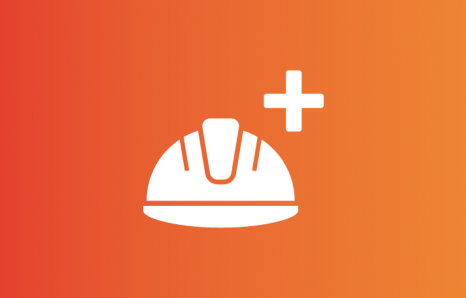Working in the rail industry can expose people to potentially traumatic events. As a manager, you want to be equipped with the tools to protect and support your team. The team and organisation around a person can play a big role in a person's recovery after an event. This session gives practical steps managers can take before, during and after an event to reduce the risk to mental health. Managers will also learn how they can protect themselves from burnout and vicarious trauma when supporting trauma-exposed colleagues.
You may also be interested in:

Dealing with the hidden killer: Improving dust controls
It may be microscopic in size, but dust can pose a big risk to our health. Hear from Steve Perkins, who aims to improve our understanding of how we can control health risks through occupational hygiene – especially the challenge of dust.

On-Road driving fatigue risk in rail operations
Technological innovation in the automation of vehicles is progressing faster than standards or regulatory bodies can keep up with. The overall market share for automated vehicles is expected to increase to approximately 40% of vehicle travel by 2040. However, automated driving is fundamentally different to manual driving. The driver must be prepared to take over control of the vehicle whenever necessary. This shifts the driver’s role from being actively engaged in the driving task to that of a passive supervisor of the system.

Occupational hygiene within the rail industry: What can it do for you?
Too often we measure our exposure to harm only after that harm has happened. The RWA Occupational Hygiene Management Group talks about how it’s time for a new, proactive strategy, that helps us to avoid risks, ultimately to improve quality of life for our colleagues.
